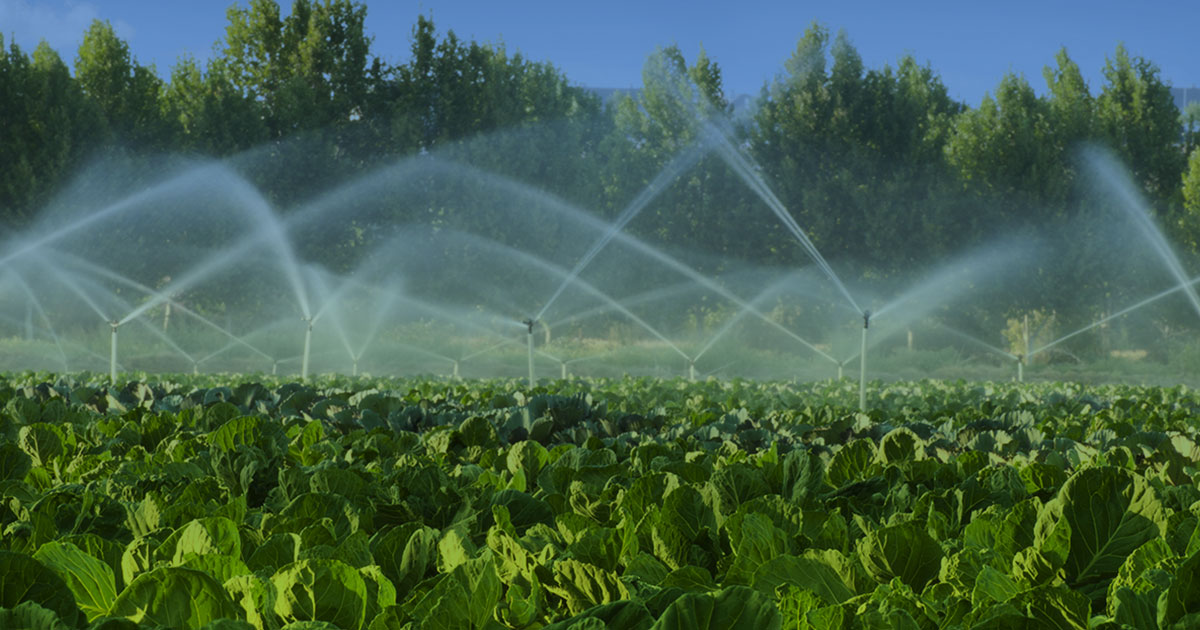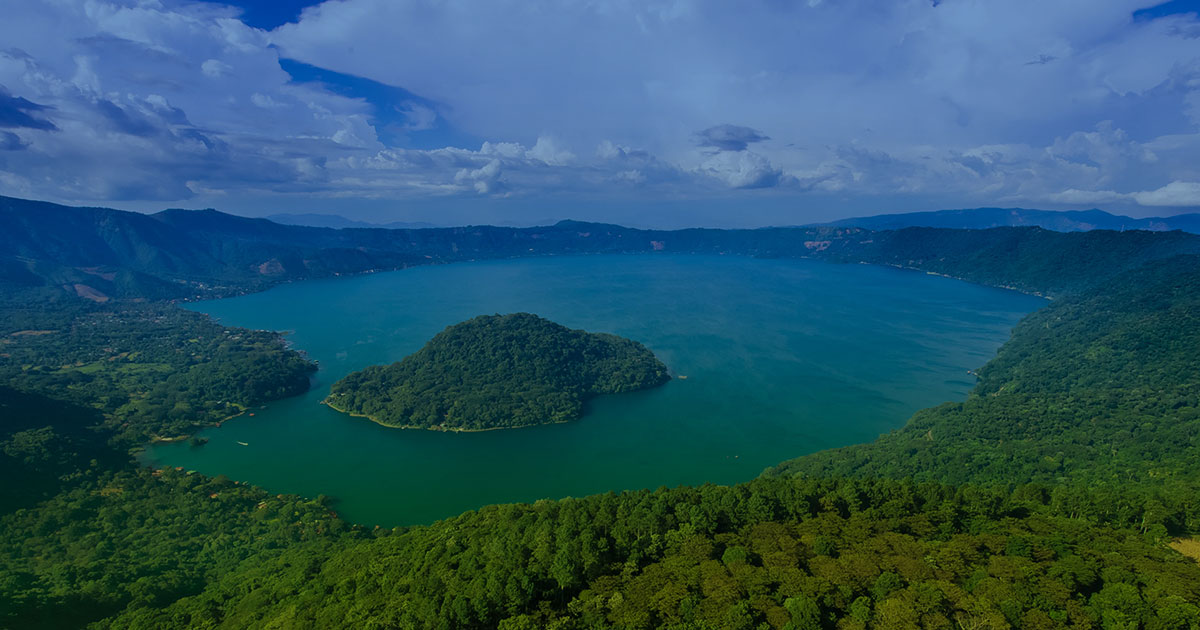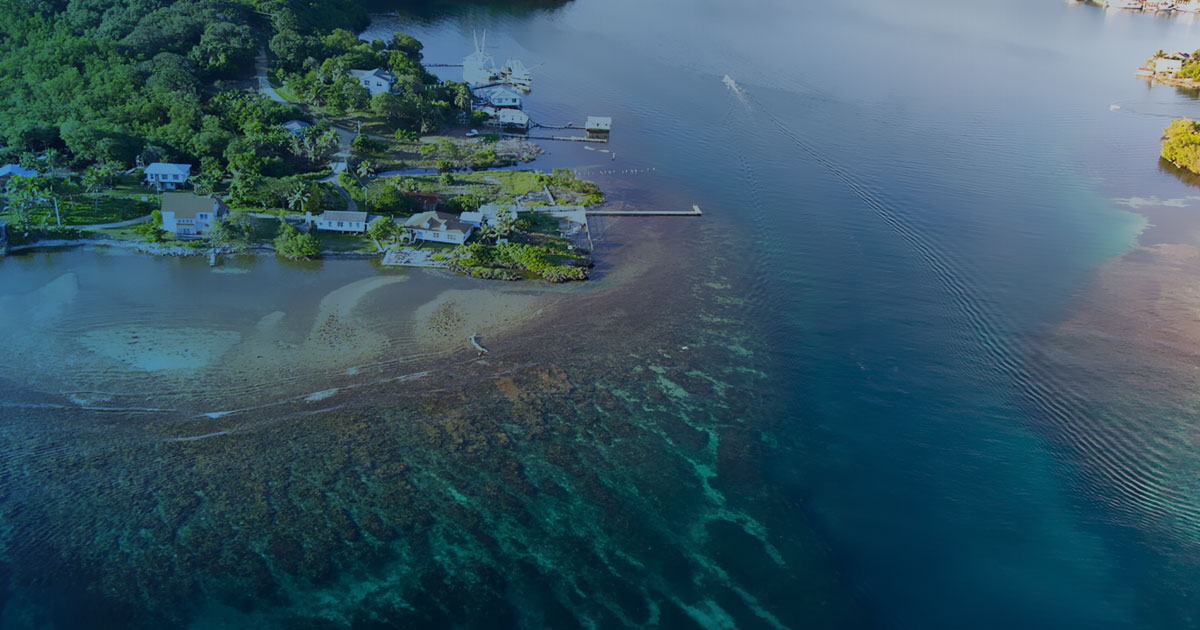The adequate or necessary consumption of energy is a type of measure that must be adopted in the use of said resource, incorporating more efficient electrical devices, that is, they consume less energy than the average electrical device, obtaining the same result; as well as making use of spaces with greater lighting, for the adequate use of sunlight.
For the Economic Commission of Latin America (ECLAC), the sectors that must implement energy efficiency are the sectors with the highest greenhouse gases (GHGs); Residential, Industrial, Services, Agriculture, Transport and Energy.
The importance of energy efficiency is based on four points;
- Increased energy consumption due to global growth.
- Increase in the cost of energy.
- Reality of climate change.
- Medium and long-term economic savings, implementing adequate energy consumption measures.
Energy efficiency encourages the consumption of renewable energies, to achieve a balance in the emissions produced, since it is estimated that the growth of the world population will increase by 1,000 million by the year 2030 according to the United Nations Organization. Without a doubt, there will be a greater demand for energy and therefore a greater generation of GHG emissions. Hence, it is absolutely necessary for future generations to incorporate energy efficiency activities into their way of life.
Below we will mention some of the most effective measures to achieve efficient energy consumption:
- Improve ventilation environments in the infrastructure.
- Change traditional lamps for LED or saving bulbs.
- Implement low consumption electronic devices.
- Carry out an Energy Efficiency Plan, to know the real consumption of electrical appliances.
- Implement solar techniques for heating water.
- Incorporate air conditioning systems with greater efficiency.
- Promote energy efficiency in public lighting, implementing saving lights.
- Promote the implementation of energy efficiency in education.
These are measures that have to be incorporated in order to achieve energy efficiency. To achieve significant effects, it is necessary to implement them in all sectors and establish energy saving policies in order to achieve sustainability.









